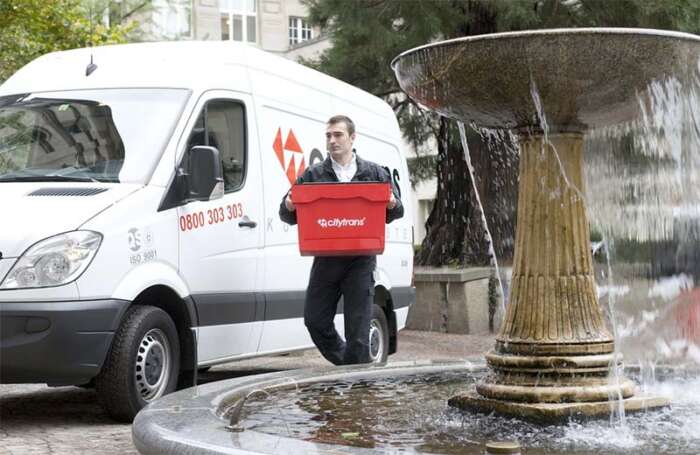What comes to mind when you hear of Small Business Administration, the SBA? One of the things people think about is money, and looking for an SBA loan facility. However, there are several other things that the SBA does to help before and after getting a business started. They can help especially in the daily management and expansion of your business.
All businesses can easily access most SBA offerings. Most important to note is the fact that the SBA looks at industry size standards and other factors in defining what a small business is, prior to offering any kind of help.
Here are some of the ways that the SBA can help a small business.
1.Loans for your business: SBA works with lenders to help find a business loan. Note that SBA does not lend money. All it does is offer loan guarantees to lenders and help you qualify for a loan. Simply, it works like a co-signer. This way, you can get help from any lender who works with the SBA. If not, you can get SBA assistance in linking up with lenders. A lot of time and paperwork is involved in the pursuit of a loan through SBA but getting the loan or not depends on the help SBA provides.
2. Loan Programs by SBA: The SBA is always changing and updating its loan programs. In that case, here are SBA-supported loan programs that could be helpful.
- The Basic 7(a) loan program. This is a set up for loan assistance for both emerging and existing businesses. These SBA loans are flexible and can be utilized for a number of business purposes and that includes as working capital.
- The 504 “Go” Loan. This basically caters for equipment and property in development areas.
- Special loans: These loans are for persons who meet certain criteria such as microloans given to startups, export loans among others as would be advised.
3. Disaster Help: SBA has been very useful in helping small businesses that get hit by disasters. Both economic injury and physical damage help can be offered. Normally, the local SBA offices set up special service areas to assist in expediting the loan procedures. These are guarantees to lenders and not direct loans to the business. These SBA disaster help facilities may also apply to self-employed business entrepreneurs who lost their jobs as a result of a disaster. It could also be tax relief help to help the business prepare for the tax returns of a year affected by a disaster.
4. Research and Development Grants: Small Business Innovation Research (SBIR)/ Small Business Technology Transfer (STTR) are some of the programs coordinated by SBA. SBIR will encourage businesses to research issues that have a potential for commercialization. This program mainly benefits socially and economically challenged people. SBA runs the program, which links business with 12 agencies of government that have SBIR funds to offer. With the STTR program, the business will be connected with both private and public research institutions for joint venture opportunities.
5. Becoming a Contractor with the Government: As a small business, you can easily feel incapacitated to pursue government contracts. However, SBA is committed to level the ground for anyone who wants to get them. Many agencies working for the government require that some of their purchases be made from small businesses. This way, any business has a chance to get such contracts. Through the SBA course, small business owners can get help to qualify for government contracts.
6. Getting specific help: SBA also focuses on groups such as founded by women, in offering specialized help when beginning their small businesses. There are also special loans for minority-owned businesses, immigrant business owners, and services for disadvantaged communities owning businesses.
7. One-on-One Information and Training. Information is power and the business can get help from an SBA partner group known as Service Corps of Retired Executives (SCORE). This team helps with writing business plans and marketing the business among other activities. You can access this help through the SBA learning center or from other small business development centers that have several locations related to local universities and colleges. Also, there is a “Tools” site with great resources to learn about small businesses.
The SBA is useful for a lot more than loans. There are many things you can learn other than just getting access to funds.



